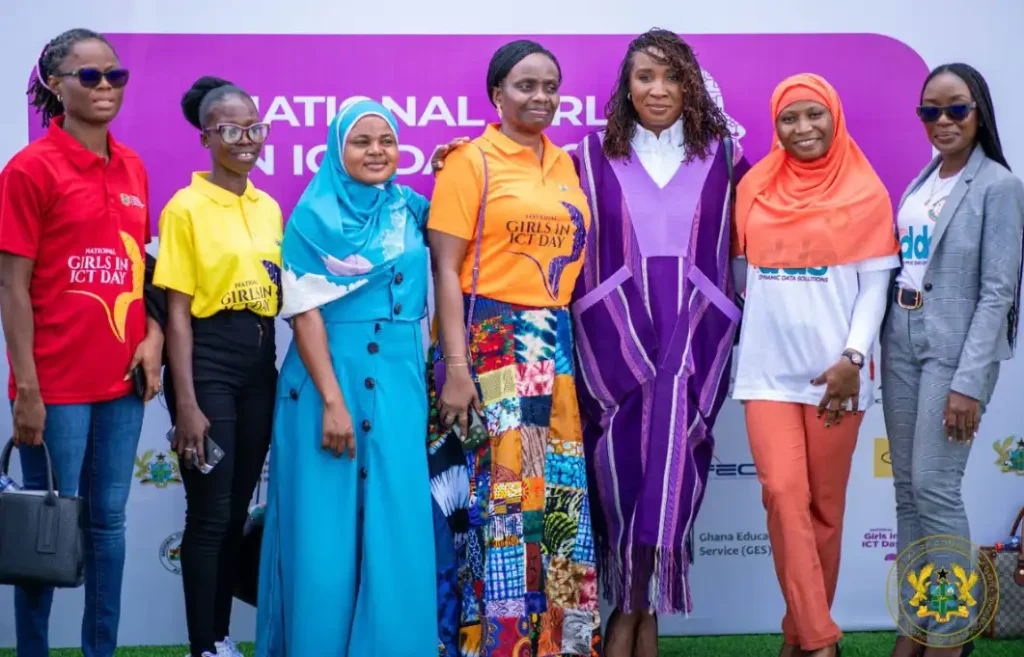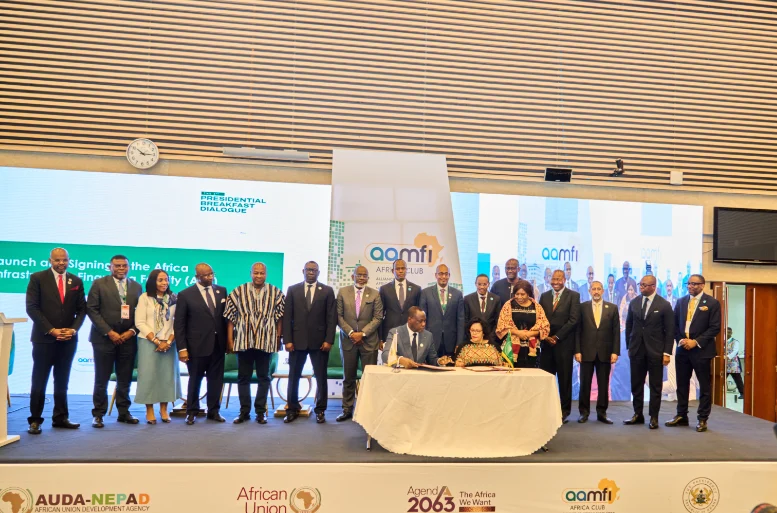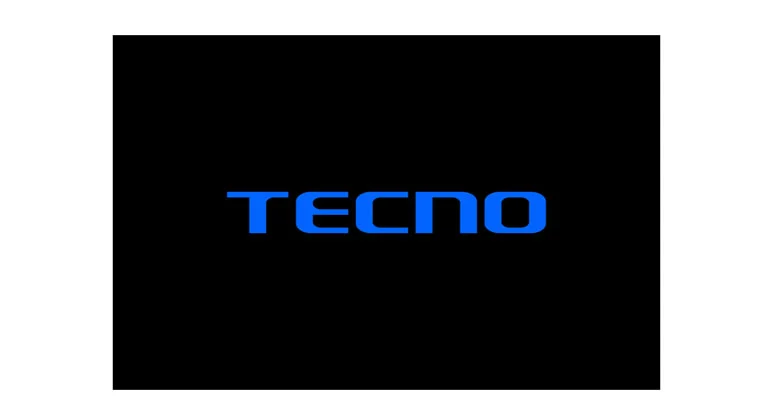Ghana’s Girls-In-ICT Initiative Empowers the Next Generation of Female Tech Leaders
The National Girls-In-ICT Programme in Ghana’s Upper West Region has inspired over 1,000 young girls to pursue careers in technology and STEM (Science, Technology, Engineering, and Mathematics). The initiative, led by the Ministry of Communication, Digital Technology and Innovation, aims to bridge the gender digital divide and foster the inclusion of women in the country’s growing digital economy.
Speaking at the mentorship session, Prof. Hamida Dramani, Vice Chancellor of Dr. Hilla Liman Technical University and Chairperson of the event, urged the girls to embrace Information and Communication Technology (ICT) skills as essential tools for self-empowerment, innovation, and global opportunity.
ICT and STEM as Pathways to Empowerment
Prof. Dramani emphasised the transformative power of digital education in preparing young women for success in the modern workforce.
“ICT and STEM are gateways to opportunity. I encourage you all to remain confident and determined as you pursue your ambitions in this fast-evolving, technology-driven world,” she said.
She commended the Ministry of Communication, Digital Technology and Innovation for implementing a programme that goes beyond classroom learning by combining technical training with mentorship and leadership development.
Mentorship and Leadership Development for Young Girls
The mentorship session featured accomplished women professionals and industry leaders who shared insights on career growth, innovation, and resilience. The mentors provided practical advice on overcoming barriers in traditionally male-dominated sectors and inspired participants to take bold steps toward achieving their career goals.
Through interactive sessions, the girls were encouraged to explore diverse opportunities in ICT, from software development and data science to robotics and digital entrepreneurship.
Closing Ghana’s Gender Digital Divide
The Girls-In-ICT Programme forms part of Ghana’s national agenda to promote digital inclusion, gender equality, and capacity building. By equipping girls with foundational digital literacy and exposure to career pathways in technology, the initiative contributes to building a more inclusive and innovative economy.
Prof. Dramani’s closing remarks reinforced the Ministry’s commitment to nurturing a generation of tech-savvy, confident, and creative women leaders who will shape Ghana’s digital future.












